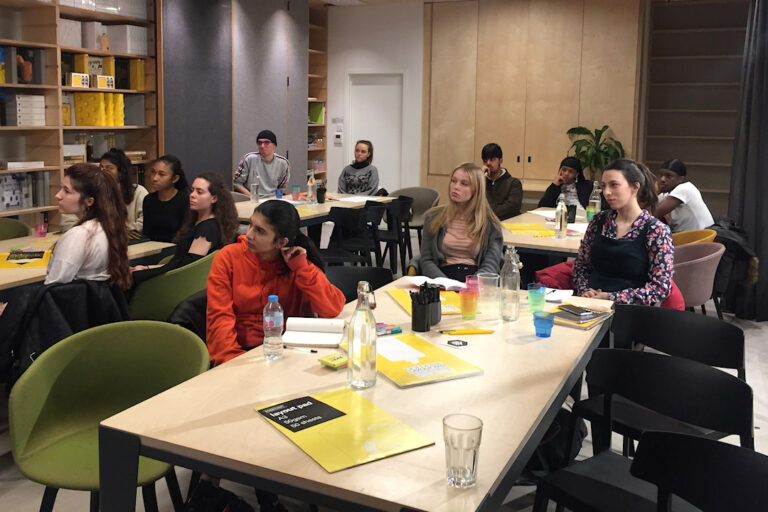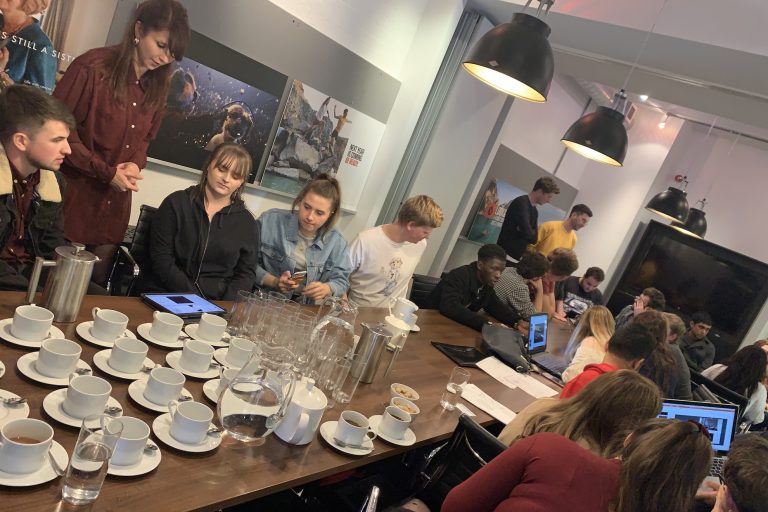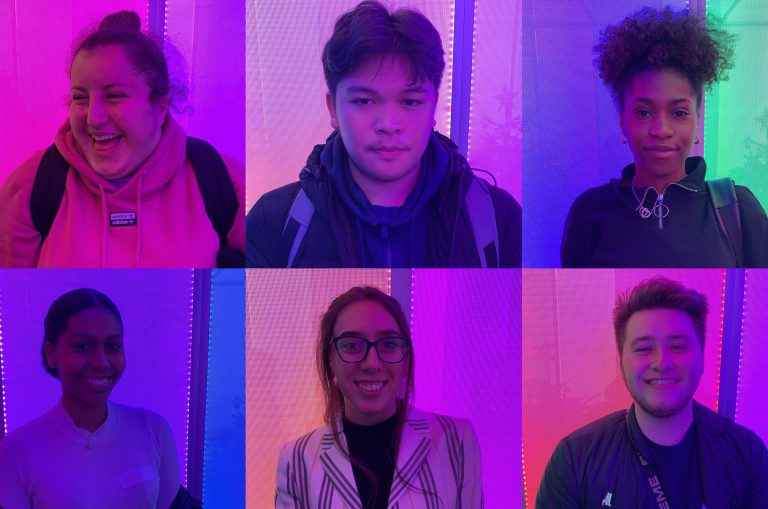Social Takeover Month – Cultural Digital Designers in Residence
![Social Takeover Month [photograph]](https://www.ideasfoundation.org.uk/wp-content/uploads/2024/10/Social-Takeover-Month-photograph-A.jpg)
Spotlight on Cultural Digital Designers in Residence Programme
The Cultural Digital Designers in Residence (CDDIR) Programme brings together several partners with a shared vision – the development of collaborative projects that invigorate the creative curriculum in schools.
![Social Takeover Month [photograph]](https://www.ideasfoundation.org.uk/wp-content/uploads/2024/10/Social-Takeover-Month-photograph-A.jpg)
![Social Takeover Month [photograph]](https://www.ideasfoundation.org.uk/wp-content/uploads/2024/10/Social-Takeover-Month-photograph-B.jpg)
![Social Takeover Month [photograph]](https://www.ideasfoundation.org.uk/wp-content/uploads/2024/10/Social-Takeover-Month-photograph-C.jpg)
Ideas Foundation North West pairs up design students from the Manchester School of Art with teachers in Greater Manchester secondary schools.
Student and teacher then work together with a cultural institution to devise a creative and innovative project that brings digital design to life for the class. This can be anything from graphic design to film making, textile design to 3D modelmaking.
Each project is different, but is always inspired by the design student and teacher, the cultural partner, and what will best suit the class in question. Enthusiastic lead practitioners in each of the schools play a key role in supporting their teachers through the delivery of what are sometimes radical and challenging projects. Over the years we have worked with some exceptional and inspirational students from Manchester School of Art to deliver groundbreaking and innovative projects.
The programme enables the partners to share and exchange insights, skills and experience as they work together. The programme helps to develop the professional and career potential of the school pupils, the students, and the educational practitioners involved in the programme. The real-world opportunities the CDDIR programme offers encourages deep and sustained learning.
Spotlight on Cultural Partners
Over the last four years we have run projects with amazing partners in and around Greater Manchester, including the People’s History Museum, the Whitworth art gallery, the Science and Industry Museum Manchester, Manchester Art Gallery, the Centre for Chinese Contemporary Art, and the National Football Museum.
![Social Takeover Month [photograph]](https://www.ideasfoundation.org.uk/wp-content/uploads/2024/10/Social-Takeover-Month-photograph-D.jpg)
![Social Takeover Month [photograph]](https://www.ideasfoundation.org.uk/wp-content/uploads/2024/10/Social-Takeover-Month-photograph-E.jpg)
![Social Takeover Month [photograph]](https://www.ideasfoundation.org.uk/wp-content/uploads/2024/10/Social-Takeover-Month-photograph-F.jpg)
A visit to a gallery or museum is brilliant way of engaging pupils in real-life issues. It has much more impact than introducing topics in the classroom and for many of the pupils the visits that take place as part of CDDIR are the first time they have been exposed to these artefacts and artworks.
The delivery of learning beyond the classroom plays a significant role in helping both teaching staff and learners make links between traditional curriculum content and its relevance in the 21st century world… the experience of working with a wider sphere of people, drawn from a broader range of educational and industry contexts helps to embed not only social, moral, spiritual and cultural values but highlights the personal attributes that are so often overlooked in the traditional classroom.
Simon de Courcey, Falinge Park High School







